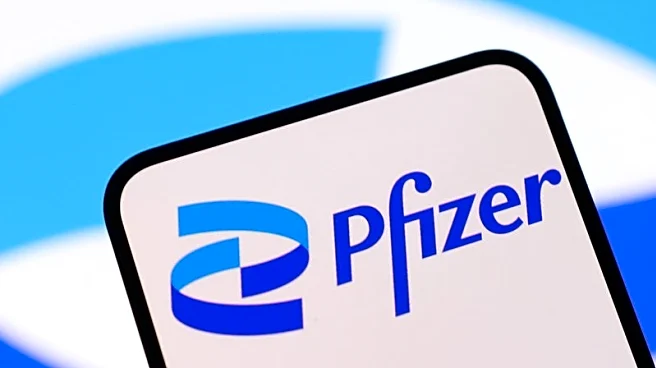What's Happening?
Zety, a resume template service, has released its Layoff Lifeline Report, which sheds light on the growing issue of job insecurity and quiet firing in the U.S. workforce in 2025. The report reveals that layoffs are increasingly impersonal, with 29% of employees
being notified by email and 28% by phone call, while only 30% receive face-to-face notifications. A significant portion of employees, 21%, reported being completely surprised by their layoffs, and 32% attributed their job loss to automation or technological changes. Additionally, the report highlights the prevalence of quiet firing, where 73% of surveyed employees experienced indirect tactics such as increased workload without pay or support, and micromanagement. These subtle dismissals are contributing to a decline in workplace morale and engagement.
Why It's Important?
The findings from Zety's report underscore the challenges facing the U.S. workforce, as job insecurity and quiet firing tactics can lead to long-term disengagement and diminished trust in employers. The impersonal nature of layoffs and the prevalence of quiet firing can erode employee morale, impacting productivity and retention rates. As automation and technology continue to evolve, workers may face increased vulnerability to job loss, necessitating a reevaluation of employment practices and support systems. The report highlights the need for transparent communication and fair treatment in the workplace to foster a stable and engaged workforce.
What's Next?
The report suggests that companies may need to reconsider their layoff and firing practices to mitigate the negative impact on employees. Employers could benefit from implementing more transparent and supportive measures to address job insecurity and improve employee engagement. As the workforce continues to adapt to technological advancements, businesses may need to invest in retraining and upskilling programs to help employees transition into new roles. Additionally, policymakers might explore regulations to ensure fair treatment and job security for workers facing automation-driven changes.
Beyond the Headlines
The rise of quiet firing and impersonal layoffs may have broader implications for workplace culture and employee well-being. These practices can contribute to a sense of disposability among workers, potentially leading to increased stress and mental health challenges. As companies navigate the evolving employment landscape, there may be ethical considerations regarding the treatment of employees and the balance between technological progress and human impact. Long-term shifts in employment practices could redefine the employer-employee relationship, emphasizing the importance of transparency and support.

















